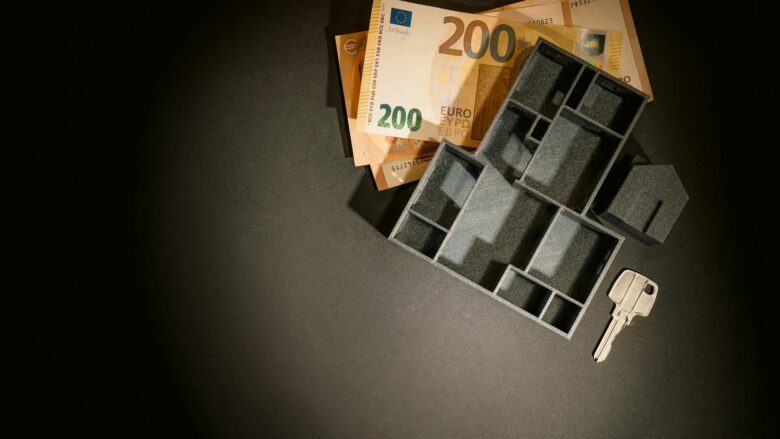
Purchasing a car involves more than just comparing prices. Creating a budget that accounts for every expense is a sure-fire method to prevent future financial surprises. Planning makes the choice feasible, whether you are paying in full or opting for no-deposit car finance deals. You may turn a large purchase into a well-managed investment by looking at monthly affordability calculations, ownership cost forecasts, and considering future expenses.
Assessing Income and Expenses
Disposable income must be considered before assessing models or dealerships. Make a list of your savings objectives and your regular expenses, such as rent, utilities, and subscriptions. A reasonable starting point for determining what is actually payable on a monthly basis is to calculate what is expendable after requirements are met. Buyers mustn’t overestimate how much they can afford. By ‘overbudgeting’ and spending less than they can afford, drivers can ensure they can afford their car even when unexpected expenses arise. By leaving space for emergencies and unforeseen expenses, drivers can protect their financial well-being..
Factoring in Insurance Costs
The premiums vary depending on age, driving history, location, and car model. Larger engines and insurance groups with lower insurance tend to have cheaper premiums. Quotes may vary widely when comparing providers’ quotes before committing. The optional cover, such as breakdown or windscreen cover, will increase the monthly payments and, hence, weigh the need against the feasibility. Early premium estimates will help set expectations and avoid failures upon car delivery.
Accounting for Routine Maintenance
The possession of a car comes with its maintenance. There is an oil change, tyre change, brake check, and MOT inspection, which are all part of annual running expenses. Newer cars come with warranty servicing, whereas older cars require more frequent maintenance. Spending a little of the monthly income on maintenance helps ensure it isn’t strained when problems occur. Treating these activities as critical maintenance, rather than optional extras, enhances reliability and resale value.
Understanding Fuel Consumption and Efficiency
Fuel prices are affected by driving conditions. Consumption will increase with urban traffic compared to continuous freeway traffic. An overview of manufacturers’ miles-per-gallon (MPG) statistics provides a basis for determining the current gasoline price. They might be more expensive, but hybrid and electric cars consume less gas or diesel. Selecting a vehicle appropriate for daily mileage will ensure the automobile’s efficiency and economic balance.
Considering Tax and Registration Fees
Registration costs and vehicle excise duty (road tax) vary according to the car’s age, price, and emissions. While more polluting models are subject to higher taxes, electric vehicles are frequently subject to reduced or no taxes. Before making a purchase, being aware of these rules helps avoid unpleasant surprises while completing paperwork. To cover all of the recurring liabilities, the annual renewal cost must also be included in the overall budget.
Exploring Finance and Payment Structures
Different purchase methods have varying impacts on affordability. Traditional loans, Hire Purchase agreement and PCP arrangements all have their own methods of payment spread over time. No-deposit car finance does not require an upfront deposit, and it still offers affordable instalments for those who want the flexibility at the start. However, a glance at cumulative repayments and interest rates will reveal the long-term cost relative to the monthly fee. A detailed comparison of lenders will guarantee value without jeopardising financial stability.
Preparing for Depreciation
Every vehicle will lose value, but the percentage will depend on the brand and condition. Including depreciation in long-term planning would help determine which option offers the highest returns: buying new, almost new, or used. A model with a more favourable retained value can be worth paying more for, and a high frequency of upgrades by financing schemes can minimise the effects of resale losses. Knowledge of depreciation will lead to a wiser choice of ownership that aligns with individual driving patterns.
Moving Toward a Confident Purchase
Budgeting needs sincerity and vision in addition to maths. After the purchase, purchasers would feel more in control and less nervous if they evaluated all ownership factors, such as insurance and depreciation. Whether you decide to pay the regular instalments or think about a no-deposit car loan, you can approach it wisely so that you can understand the purpose of every pound you spend. In addition to saving money, careful planning turns the car-buying process into a commitment rather than a mere transaction.



